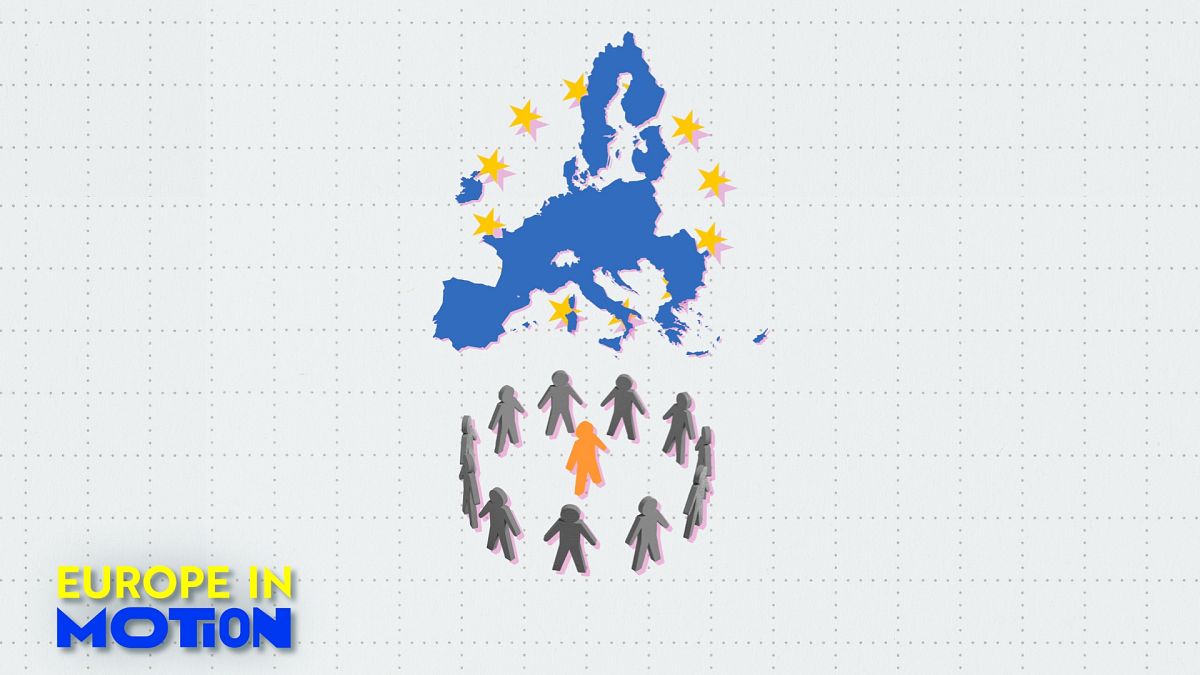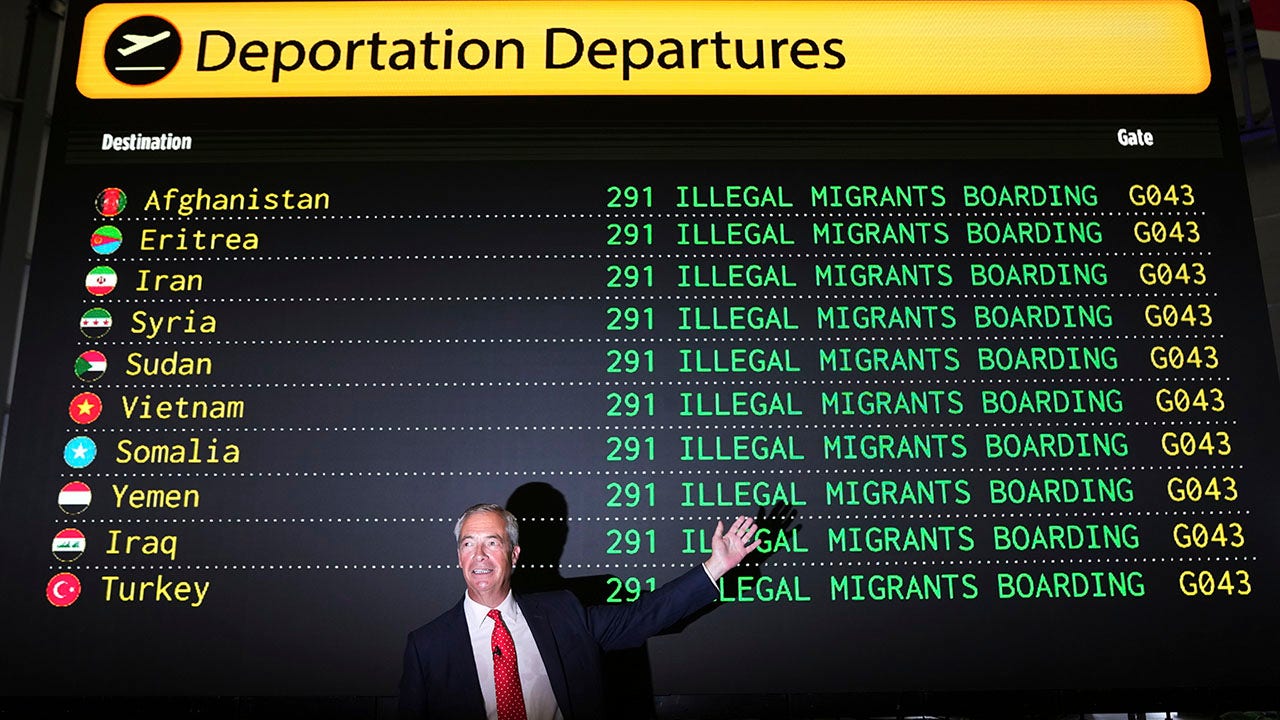ADVERTISEMENT
In 2024, 5.9% of EU citizens aged 16 and older reported feeling discriminated against when looking for housing.
This figure, however, rises to 10.1% among people at risk of poverty or social exclusion, according to the latest Eurostat figures.
A similar trend is observed in interactions with public services or administrative offices, where 9.2% of citizens at risk of poverty reported experiencing discrimination, compared to only 4.2% of those not at risk of poverty or social exclusion.
Although self-perceived discrimination in public spaces and educational settings was less common overall, it was still more frequently reported among individuals at risk of poverty or social exclusion. Specifically, 5.7% of this group experienced discrimination in public spaces, while 4.4% felt discriminated against in educational environments.
People with disabilities also state experiencing more discrimination than those without.
In 2024, in the EU, 8.3% of people with some kind of disability felt discriminated against when looking for housing. This is approximately 1.6 times higher than the figures for people with no disability.
The gap in self-reported discrimination is even wider when contacting public services and administrative offices, with 9.3% of people with activity limitations reporting self-perceived discrimination, which is 2.3 times higher than the figure for those without such limitations (4.1%).
Self-perceived discrimination among foreign-born people
Non-native individuals tend to feel more discriminated against compared to native individuals.
Last year, more than one in eight men born abroad reported experiencing discrimination while searching for housing, a rate that is 3.4 times higher than that of native-born men.
Similarly, 11.6% of immigrant women reported experiencing discrimination, which is 2.5 times higher than the rate for native-born women.
Additionally, 7.9% of overseas women stated they faced discrimination in public spaces, compared to 3.1% of native-born women.
The most significant disparities in self-reported discrimination in public spaces between native-born individuals and those born abroad were found in Poland, Portugal, Czechia, and Italy.
In these countries, people born outside are five times more likely to feel discriminated against in public than those born locally.
Read the full article here














